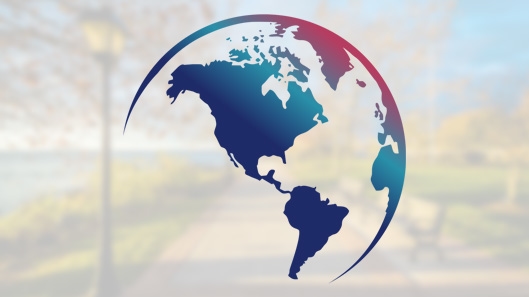The Violence Against Women Act (VAWA) was one of the provisions of the Violent Crime Control and Law Enforcement Act of 1994, signed by then-President Bill Clinton. It provided a vehicle for foreign-born spouses and their children of abusive U.S. citizens and lawful permanent residents (LPRs) to obtain lawful permanent resident status more efficiently and be protected from removal from the United States. VAWA allowed foreign-born spouses to self-apply for lawful permanent residency for themselves and their children through a two-process.
The Reauthorization of VAWA and Additional Provisions
The initial version of VAWA contained a reauthorization provision allowing the act to be renewed and strengthened at prescribed intervals. The various reauthorizations of VAWA throughout the years have brought significant changes that have positively affected the lives of survivors and their children, reducing their burdens and increasing their access to services and other benefits.
A few of the groundbreaking provisions added to VAWA during different reauthorization years include the following:
- VAWA of 2000
- Access to multidisciplinary services and immigration benefits for victims of severe trafficking
- Self-petition process extended to foreign-born intended spouses who were battered or subject to extreme cruelty by U.S. government employees and members of the armed forces stationed overseas
- Self-petition process extended to foreign-born spouses, intended spouses, and children who were battered or subject to extreme cruelty by lawful permanent residents
- Eligible foreign-born nationals can receive benefits such as deferred action, work authorization, naturalization, and U visas
- VAWA of 2005
- Foreign-born victims of sexual abuse or trafficking can access legal services and immigration benefits, including employment authorization, confidentiality and nondisclosure, and extension of T or U visas
- Interstate stalking or cyberstalking prohibited
- Immediate relatives of victims of sexual abuse or trafficking made eligible for derivative visas
- VAWA of 2013
- Foreign-born immediate relatives of sexual abuse, sexual exploitation, or trafficking victims exempt from disqualification for immigration benefits due to public charge
- Eligible foreign-born spouses and their children subject to abuse or extreme cruelty by U.S. citizens or LPRs do not need to meet hardship requirement for VAWA self-petition
- Intended spouses who suffered abuse or extreme cruelty by their U.S. citizen fiancé(e) can access interdisciplinary services and immigration benefits.
- VAWA of 2022
- Increase funding for certain communities
- Definition of domestic or intimate partner abuse expanded to include former and current spouses, social, and intimate partners
- Greater inclusivity for access to legal protections, services, and resources
Collaboration Between Professionals to Help Survivors
VAWA’s various reauthorizations and provisions have been instrumental in helping foreign-born spouses, fiancé(e)s, and children of abusive U.S. citizens and LPRs. Professionals, including family law and immigration lawyers, can ensure that the protections and resources offered under VAWA are rightfully accessed by those who need them by including questions about domestic and intimate partner abuse in their practice. They may also work with others, such as law enforcement officials or health care workers, to better assist and protect survivors of abuse or trafficking.
If you need help with a legal matter in Silver Spring, please call the Law Office of Eshigo P. Okasili, LLC at (301) 760-2066 or submit an online contact form today.

